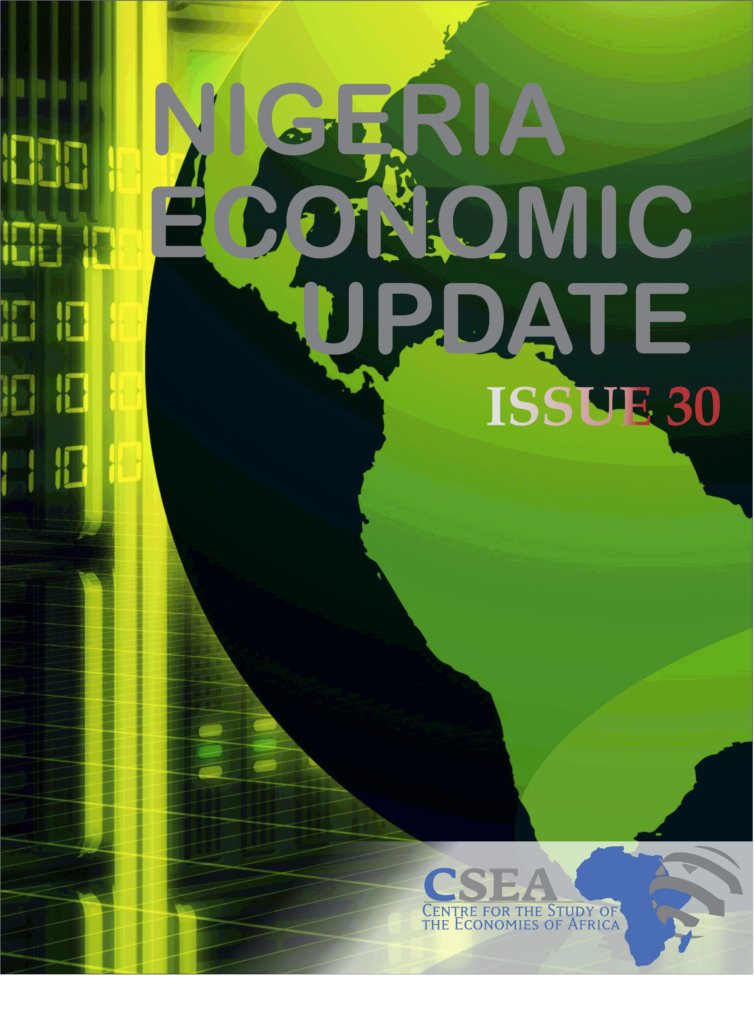For the 12th consecutive period, the Monetary Policy Committee voted to retain all rates at the end of the policy meeting held on July 23-24, 2018 – MPR at 14 percent, CRR at 22.5 percent, Liquidity ratio at 30 percent and asymmetric corridor at +200 and -500 around the MPR1. A review of laudable developments in key macroeconomic indicators and positive economic growth in the first half of 2018 informed the committee’s stance to hold all rates. However, the committee noted constraints to economic growth outlook in the second half of 2018, especially slow and irregular implementation of the 2018 expansionary fiscal budget that would derail its liquidity impact, as well as possible external shocks. Going forward, there is need for a standardized budgetary calendar that should be adhered to mandatorily in order to guide public and private sector investment plan and foster economic stability
Macroeconomic Report & Economic Updates

August 20, 2018
Nigeria Economic Update (Issue 30)
For the 12th consecutive period, the Monetary Policy Committee voted to retain all rates at the end of the policy meeting held on July 23-24, 2018 – MPR at 14 percent, CRR at 22.5 percent, Liquidity ratio at 30 percent and asymmetric corridor at +200 and -500 around the MPR1. A review of laudable developments […]
Read →
Related
Nigeria Economic Update (Issue 29)
Global oil price edged upwards in the review week. International crude benchmark, Brent, rose week-on-week by 3.1 percent to $50 per barrel as at July 21, 20173 a level it had not attained since June. The remarkable gains followed demand-side progress earlier statistics from China showed increase in crude imports, indicating prospects of higher demand. This was also complimented by the huge drop in US domestic crude production (Crude reserves fell by 4.7 million barrels). If the trend is sustained, Nigeria could record further rise in its Gross Federally Collected Revenue. Nevertheless, there remains a need for Nigeria to overcome the challenge of harnessing its oil and gas resources by making strategic policy choices andensuring coordination in policy implementation to minimize macroeconomic distortions.
